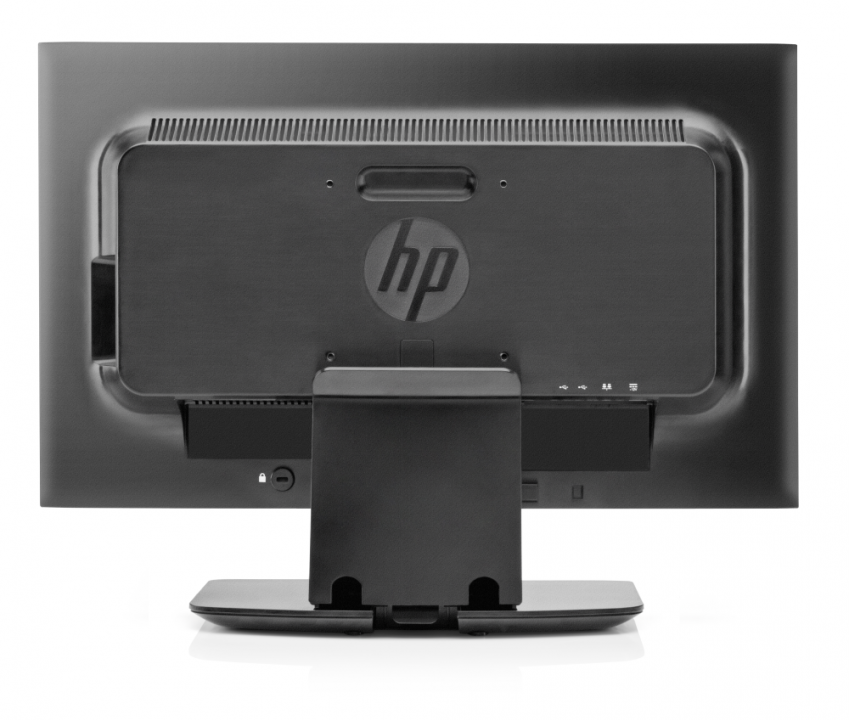
#One and all clients full#
Up until The Merge, a single piece of software is required to run a full node (or two to run a mining node). A client is an implementation of Ethereum that verifies all transactions in each block, keeping the network secure and the data accurate. What are nodes and clients?Ī "node" is a computer running Ethereum client software. If you're new to the topic of nodes, we recommend first checking out our user-friendly introduction on running an Ethereum node. Take a look at our introduction to Ethereum.

You should understand the concept of a peer-to-peer network and the basics of the EVM before diving deeper and running your own instance of an Ethereum client. Kiln, Ropsten) have already been through their versions of The Merge, meaning execution clients alone are already insufficient for accessing those networks unless they are coupled to a consensus client that can keep track of the head of the chain. After The Merge, both execution and consensus clients must be run together in order for a user to gain access to the Ethereum network. However, this will no longer be possible after The Merge. Note: it is still possible to run an execution client on its own.


The software application, known as a client, must be run on your computer to turn it into an Ethereum node. Ethereum is a distributed network of computers (known as nodes) running software that can verify blocks and transaction data.


 0 kommentar(er)
0 kommentar(er)
